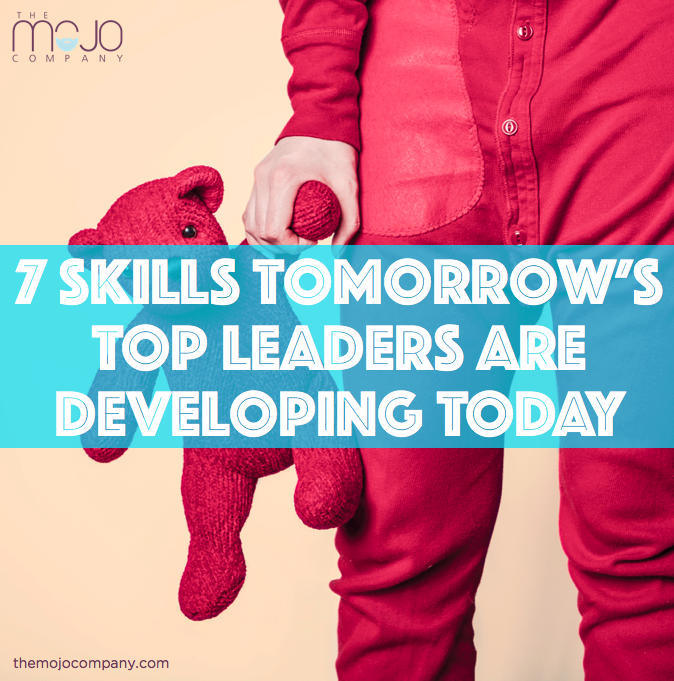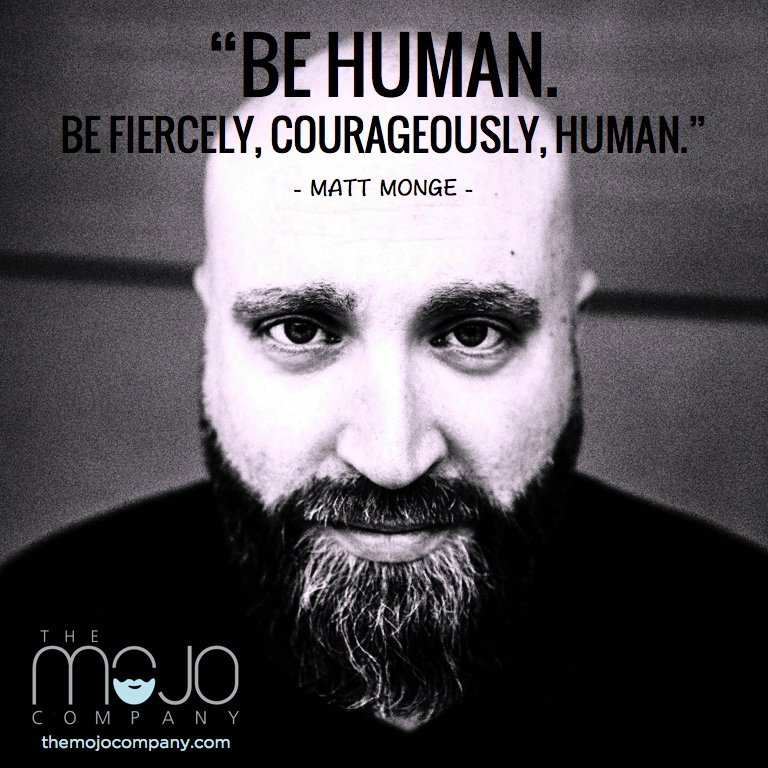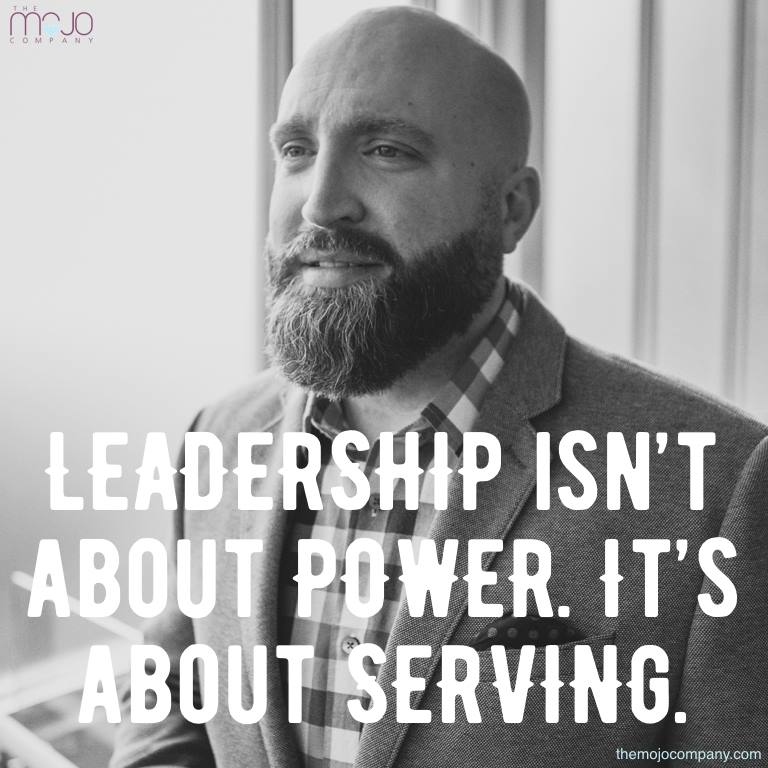 Photo Credit: Gtrinity
Photo Credit: Gtrinity
Work space is always a premium in companies. Whether you work in a cubicle or a full-fledged office with a door, a space of some sort that belongs to you (shared or not) is vital. Yesterday, I had the opportunity to pour over a department’s new office space design. It was a fascinating experience.
Some of the team members work remotely, and I noticed there wasn’t a space designated for those who are not regularly in the office. Showing this to the person on point for working out the space assignments yielded an “Aha!” moment. She was kind to listen to a relative outsider, initially explaining how that probably happened because they are rarely in the office. Could it be that they are rarely there because there is no space for them? Something to think about if you want to rub shoulders and share ideas with team members that could prove very valuable…if space is made for them.
Along with space comes the idea of a place on the team. Do you know your place on your work team? What you bring to the table? What unique role you play in the mission of your organization? C-suite leaders and department heads, of course, define some of that through a title, vision, and job description. They made a place for you on the team organizationally. Your role is to carve that place out…to add value to the work of the team through your own applied competencies, but also to add value to the team members by your care for them – by being “the rising tide that lifts all boats” – Adam Grant.
 Photo Credit: The Brand Bank
Photo Credit: The Brand Bank
How exhilarating it is when our bosses communicate to us and the larger team how relevant we are to them and the work! However, that can’t be our motivation. We must set in our own minds, that if we’re employed, we have that grand opportunity to make a difference. Whether obvious to leadership or not, we can apply our best selves to the vision, to the outcome, and to the people we work with and for. Business leader John Maxwell spoke recently at the Global Leadership Summit on this very topic.
Maxwell’s book Intentional Living: Choosing a Life that Matters focuses on this idea of “adding value” to others. At first, I thought that an odd idea because people have value. Period. Then, the more I listened to him and the more I read about healthy teams, there is wisdom in this. We can get absorbed in the task and the goals, and miss the people within the tasks. It is part of the whole “space and place” component of team. Give a listen to Maxwell in this brief but packed 3:40 minute video on “adding value to people”.
In the course of busy work and personal lives, we are not even thinking sometimes of the need for “space and place”. On this Saturday, during gardening, and errands, and family outings, spend a quiet minute maybe on the people you call team and what space and place you’ve made for them to thrive and grow. It will always come back, like Adam Grant says, to benefit you as well.





